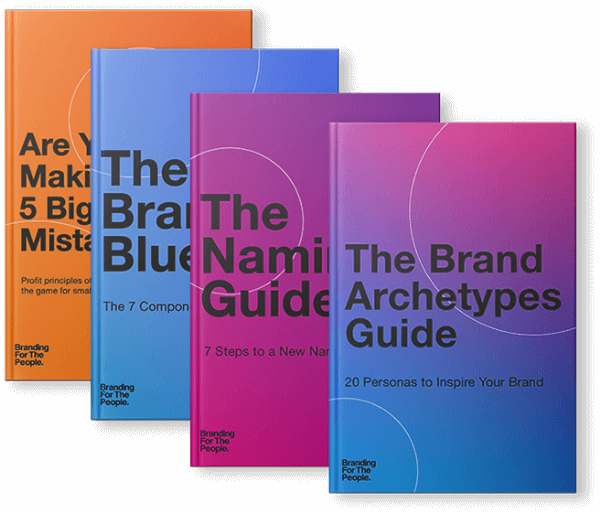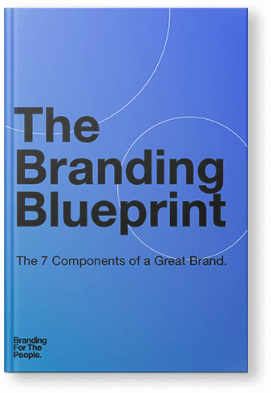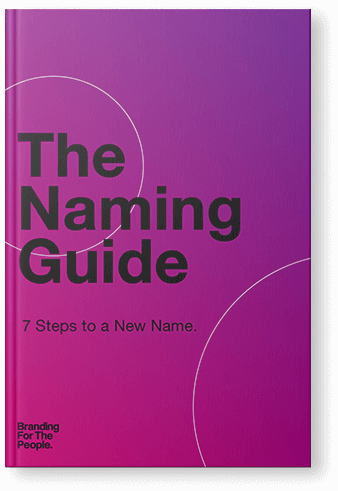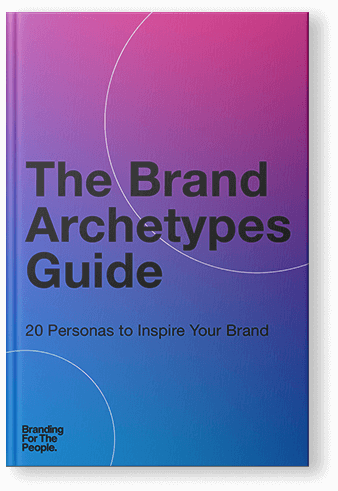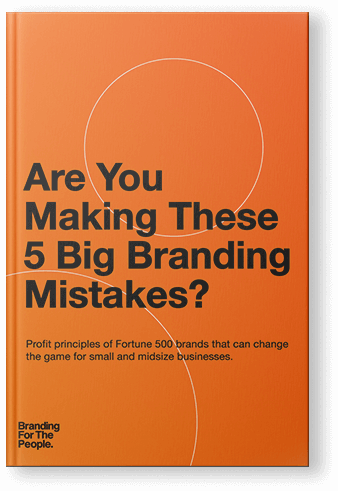We’re kidding!
There are NO dumb branding questions! Instead, we wanted to share 10 of our most common branding questions!
Got a question? We have answers! Over the course of conducting more than 100 of our signature Branding Intensives, we’ve learned that the most common branding questions often raise complex issues that require a broader discussion. That’s why no questions are silly. Here are 10 common branding questions and our approach to each:
1. Can you look at my business card?
Sure, but how does it fit your branding strategy? A business card is the introduction to your company after your handshake and is the first impression of your business personality. Did you pick what you liked, or did you pick something strategic that fulfills part of your brand platform? Everything can reflect a different aspect of your brand’s personality: the font, the colors, the images, even the paper. If you want to know what we think of it, we need to know how it fits your branding strategy.
2. What do you think of my website?
We don’t know. What story are you telling customers? What’s your desired perception? Your website uses words and images to share a story – does it help or hurt? To understand your website, we need to see a branding strategy that describes the perception you want to hold in consumers’ minds.
3. What do you think of my logo?
We don’t know. What’s your branding strategy? What perception are you trying to create? Often considered the face of a company, logos embody various tactics to create instant association with a product or service. Does your logo work? We need to know your branding strategy first.
4. Should I have a brand name, or name my company after me?
Naming is part science and part art. The significance of your business name is no less significant than a child’s name. What if we told you that a child’s name influences his/her friends, college admissions, salary, and perception in the world, would you pick it randomly out of a hat? Your business name is no less significant and an important part of your brand. Maybe it should be your name. Maybe it shouldn’t. How does either fit within your overall branding strategy?
5. What color should I use?
We’re not sure. What perception are you trying to create? Colors have personalities, which can vary wildly depending upon the strategy you are using. Consider this: the orange of Hermes and Harley Davidson are the same. Do you associate those 2 companies together? They use the same color but as part of wildly different personalities. Let’s look at your branding strategy first.
6. Which Brand Archetype describes me best? I’m a life coach – doesn’t that mean I’m a Sage?
Rather than describing your business, a Brand Archetype should be driven by the personality you need for your business. Motivational coaches often want to pick Sage as a Brand Archetype. Don’t think factually. Instead, consider what attitude you want to share. Is every teacher the same? Is every lawyer or doctor the same? No. Let your Brand Archetype be driven by personality, rather than job description. The personality you select should be part of your overall branding strategy.
7. How do I attract my ideal client?
Again, what’s your branding strategy? Did it help you define your ideal client? Have you identified their key problem and your solution to that problem? Once you know this, then we can talk about how a branding strategy will connect you with that target audience.
8. I can’t stop using my industry’s terminology… can I?
Yes. No. Maybe. We don’t know.
We get it: your industry uses certain terms that people expect. To sound credible, you need to use some of this language. But if your business says the same thing as everyone else, this poses a tremendous risk for you. Do you know why? If you sound like everyone else, then you won’t show anyone how you are different. How does your vocabulary reflect your difference?
A good example of this problem is the word “unique.” Everyone says it. Every business wants to be unique. But saying it and calling yourself that doesn’t make you unique. Sometimes you have to show, don’t tell, and the words you use are important. Stop telling people the same thing they hear from competitors, and start showing them what makes you different. Use a specific vocabulary that you’ve selected as part of your branding strategy.
9. Doesn’t my marketing strategy cover all of this?
Marketing is not branding, although the two strategies must work together. Branding is what creates your perception: a story with personality. Marketing, on the other hand, is how you execute and present the story. Branding creates the story, marketing sends it out into the world. If you don’t have a branding strategy, then you have nothing to market.
10. Can I use stock photography?
What’s your branding strategy? That will determine what photos you need. The good news is that, even on a budget, there is a way to use stock photography that reflects your individual personality. But without a strategy or brand platform, it’s impossible to select even stock photography that will sell your brand and reach your target audience.
No doubt you picked up the common thread with our answers. These are real questions, and the answer is almost always the same. Regardless of what specific question you have about your brand, it requires context. It requires a discussion of your branding strategy. The reason we emphasize this point is the fact that so many bright, emerging entrepreneurs don’t have a branding strategy that helps sell their vision. Once a branding strategy is in place, then every other discussion stems from there. Are you consistent with the strategy? Is the strategy working to create your desired perception? Does something need to be rebranded or renamed or modified? The answer to the most common branding questions, despite their variety, is rooted in your branding strategy.
It makes common sense to hire a branding agency … for branding. And, you can do that in just 2-days with our “Branding Intensive“.



